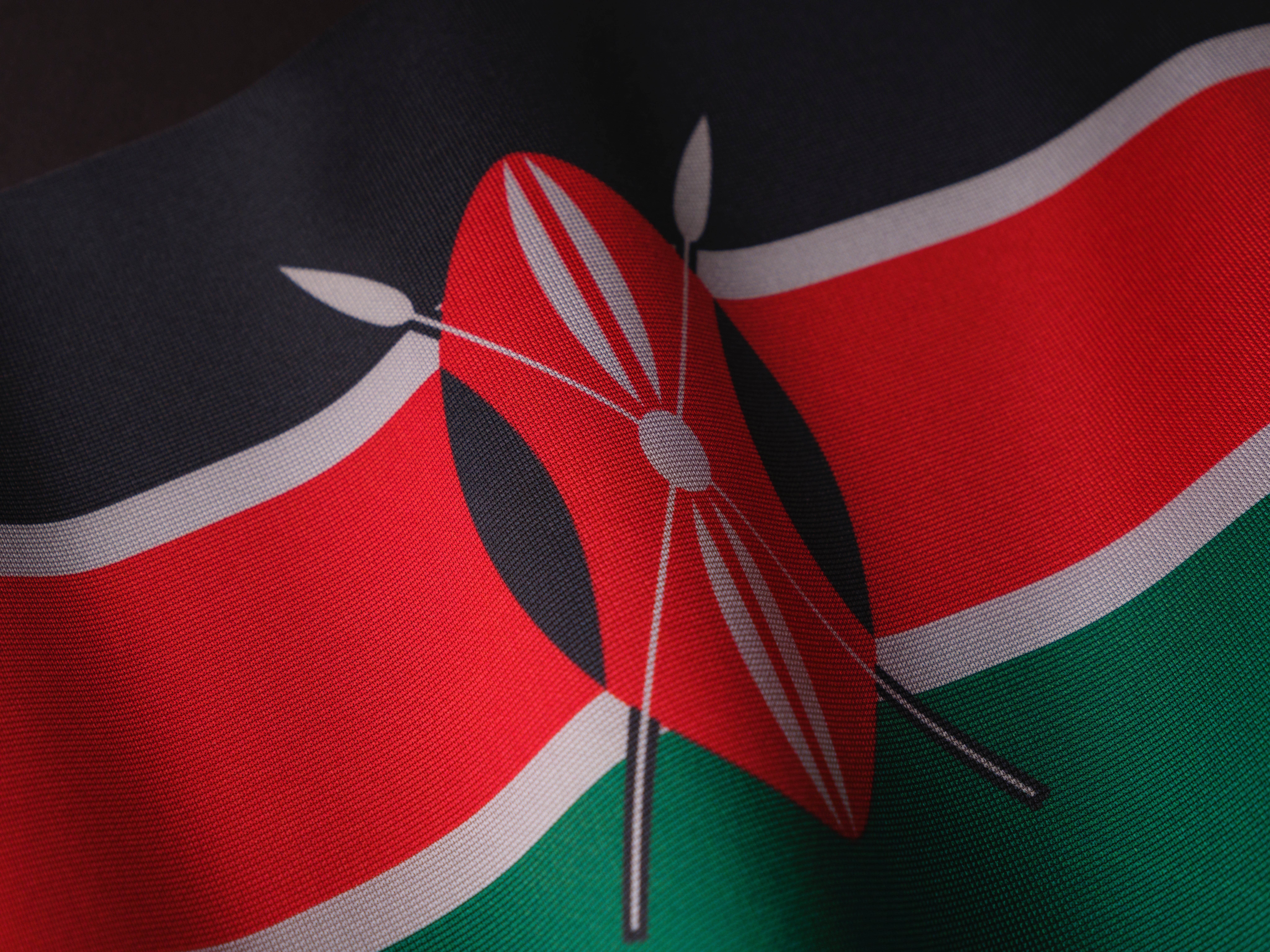Kenya’s parliament voted to impeach Deputy President Rigathi Gachagua after impeachment hearings on Thursday, October 17th. Gachagua, who faced 11 charges, including corruption, ethnic incitement, and undermining the government, denied all allegations, claiming the process is politically motivated and part of a plan to remove him from power. He was dismissed from his position as deputy president on five of the 11 charges brought against him.
The impeachment motion was initiated by members of Kenya’s National Assembly last week following Gachagua’s falling out with President William Ruto. Gachagua, a key figure in securing votes for Ruto during the 2022 election, has since been accused of supporting anti-government protests. These protests, which broke out in June, opposed tax hikes and left over 50 people dead, further straining the relationship between the president and his deputy.
During the Senate trial, Gachagua pleaded not guilty to each charge. 54 of the 67-member Senate voted to remove him, making Gachagua the first deputy president in Kenya to be impeached since the provision was introduced in the 2010 Constitution. More than two-thirds of senators argued to dismiss Gachagua on the first count of “gross violation of the constitution.
The case has drawn significant attention across Kenya, with many citizens and political analysts questioning the potential political implications. Gachagua’s impeachment could reshape Kenya’s political landscape, particularly within the ruling party and the opposition.
Gachagua has launched numerous legal challenges to halt the impeachment process, with at least 26 court cases filed so far. However, the courts have consistently ruled that the impeachment proceedings are constitutional, allowing the Senate to continue with the trial.
This high-profile trial has sparked protests in Gachagua’s home region of Mount Kenya, where hundreds of residents took to the streets to oppose his impeachment.









